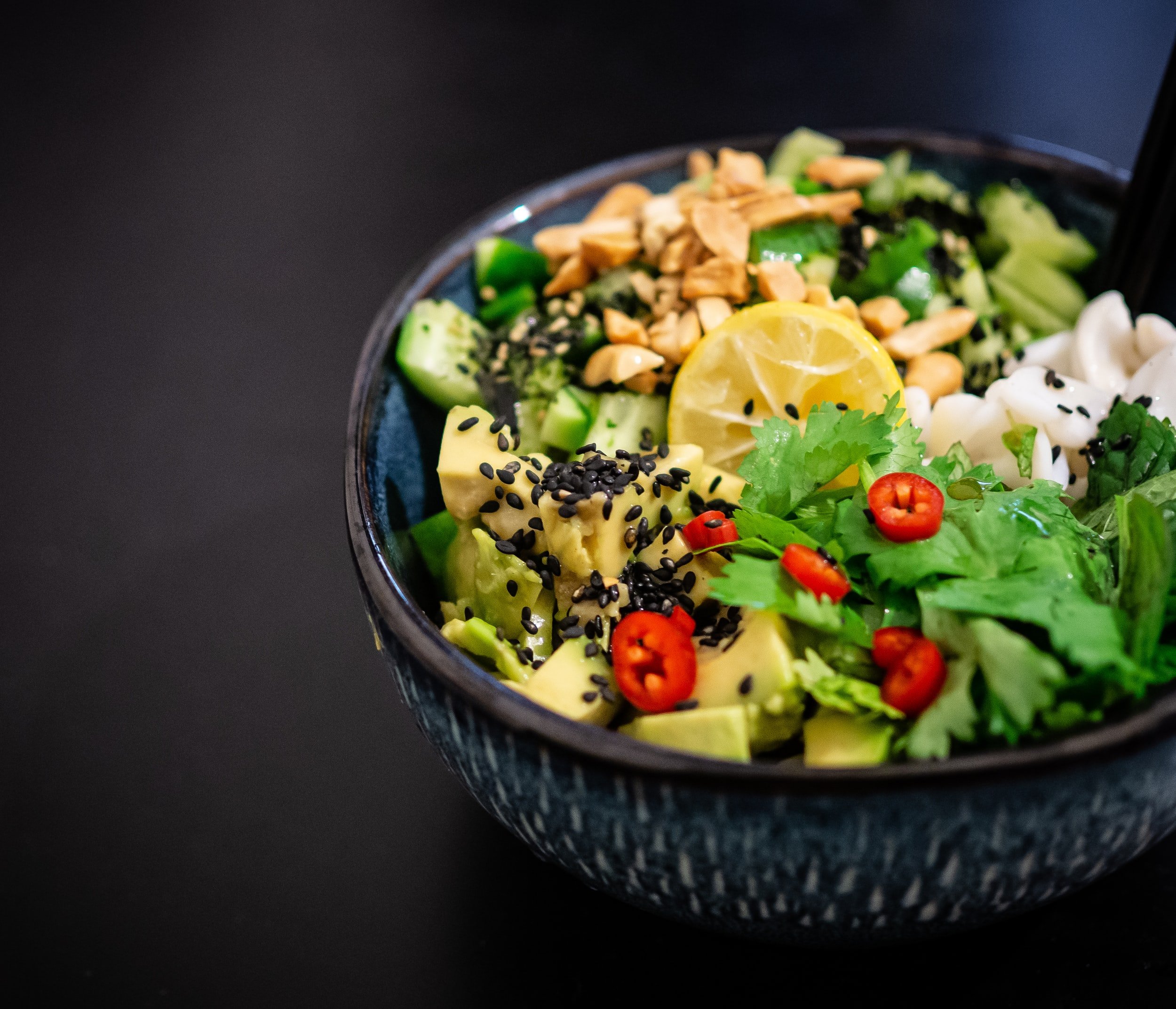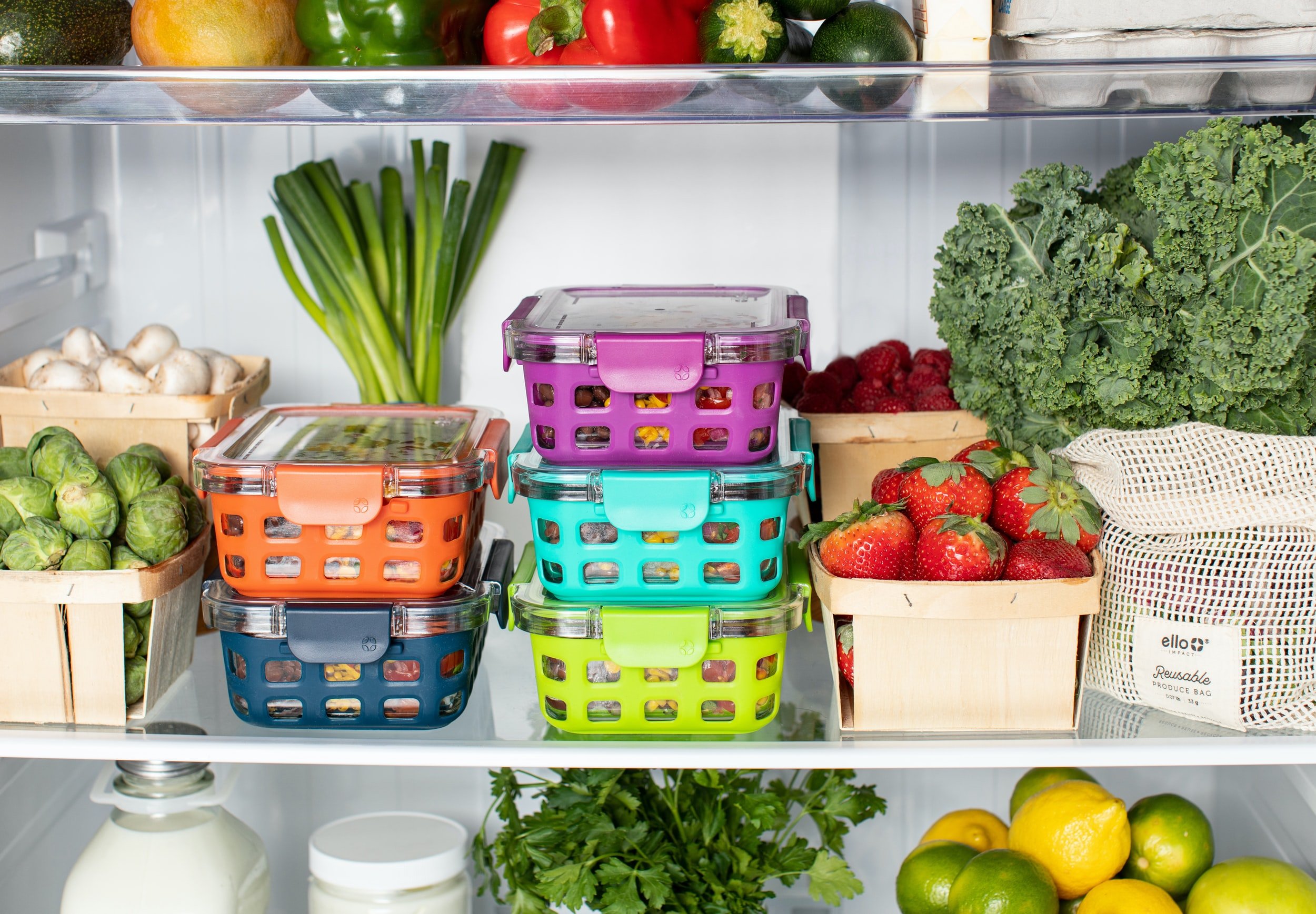Foods & Drinks To Avoid During Your Period - Expert Advice
When it comes to managing your diet during your period, there are no strict rules about foods to avoid, as different individuals may have different experiences, symptoms and sensitivities so it is important to understand what works for you and what your personal dietary triggers are, should you have any.
However according to Leading Dietitian Ro Huntriss, Founder of Fertility Dietitian UK, some foods and drinks can exacerbate common menstrual symptoms such as bloating, cramping and mood swings. Read on to find out more from Ro on how the foods we consume can affect our wellbeing during our period.
Many people feel bloated when on their period; this feeling of bloating is often due to water retention. Consuming salty foods can further exacerbate water retention so it could be advisable to limit intake of salt and salty foods if this is a symptom for you.
Anxiety can be another symptom that women experience when on their period. Caffeine can increase anxiety levels in some people, so minimising caffeine could be a wise consideration for those that experience anxiety. It is recommended not to exceed 400mg of caffeine daily which is around 4 mugs of instant coffee, but some people may benefit from having intakes much lower than this. If you suffer from disturbed sleep when on your period, reducing caffeine intake can support this also. For an additional benefit, some research suggests that reducing caffeine may even reduce breast pain and tenderness.
If bloating is a symptom for you, it could be advisable to avoid fizzy drinks whilst on your period. Carbonated drinks can increase the feeling of bloat, making you feel more uncomfortable.
Avoid to much caffeine to reduce breast tenderness and pain.
Alcohol is another drink that can make you feel bloated so it could be useful to minimise alcohol during the time of your period also if bloating is a symptom for you. Another thing to be aware of is that alcohol is a depressant. If you feel that you are affected by low mood during your period, it may be advisable to find a non-alcoholic alternative which may help to improve your mood.
Alcohol could exacerbate bloating and anxiety.
High fat foods can also be a trigger for bloating or other gut related symptoms so it is worth being mindful of your intake of fried or high-fat foods during this time also. Too many high fat foods may not only lead to weight gain, but can also increase feelings of lethargy and even nausea in some people.
While avoiding these foods may help alleviate symptoms in some people, it's important to listen to your body and observe how different foods impact you personally; a food and symptom diary can be a great place to start. Maintaining a balanced diet with plenty of fruits, vegetables, whole grains, lean proteins, and staying hydrated can support overall well-being during your menstrual cycle. If you have severe or persistent symptoms, it's always a good idea to consult with a healthcare professional for personalised advice.
FOOD







